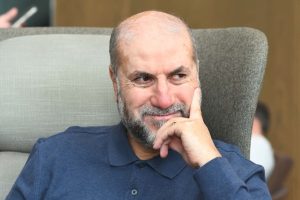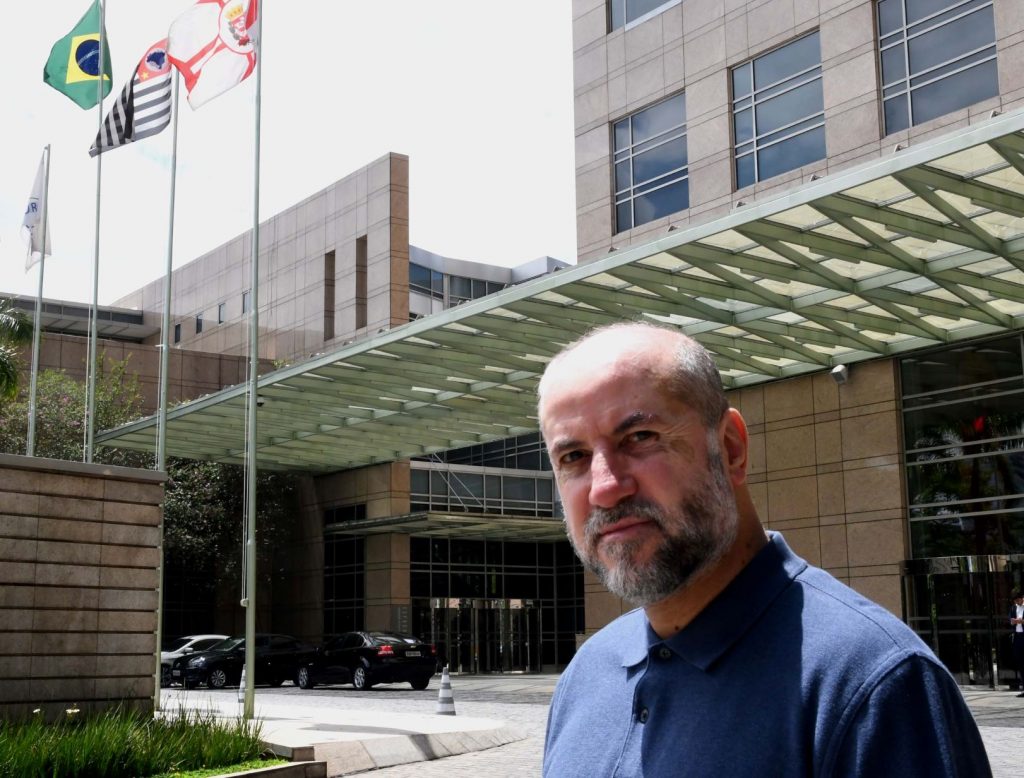São Paulo – Palestine’s supreme judge and the president’s advisor on Religious Affairs and Islamic Relations, Mahmoud Al-Habbash, traveled to Brazil to attend meetings and the 32nd International Conference for Muslims of Latin America & the Caribbean. Themed Citizenship: Rights and Duties, the event was held in São Paulo from December 13 to 15.

The conference featured Al-Habbash – a former minister of Religious Affairs – as a speaker on citizenship practices for Arab descendants in Brazil. “We’ve had several meetings with Brazilians of Arab descent. We encourage connections between Muslims and Christians to keep this Brazilian nationality alive. We tell them that ‘Brazil is now your home country.’ We want them to be citizens in the true sense of the word, in duties and rights,” he told ANBA this Tuesday (17).
He said diaspora members in Brazil get to keep their roots while becoming involved with the nation that embraced them. “We’ll tell them that Islam encourages Muslims to be active and firm in the society they live and work in, and we’ll tell them how to enhance this connection. We’ll tell them how to carry themselves as citizens of Arab background with dual citizenship,” he explained.
The Conference was attended by second- and third-generation descendants. Al-Habbash was featured in multiple panels and lectures, including the Symposium on the Identity of Jerusalem, which saw him go in depth on Palestine’s current scenario.

The supreme judge also attended meetings in the sidelines of the event, including meetings with Brazilian Catholic Church leaders. On Monday (16), Al-Habbash traveled to Rio de Janeiro to meet with cardinal Dom Orani João Tempesta. On the same day, in São Paulo, he sat down with cardinal Dom Odilo Pedro Scherer. He said the meetings underscored the idea that “the Brazilian church and the Brazilian people are with the Palestinian people.”
At both meetings, the leaders discussed the situation in territories deemed sacred by several religions. “The most important issues in Palestine and the Holy Land are in the interest of both the Christian and the Muslim world, as well as of all humanity. The first point is the measures that are impacting the daily lives of the Palestinian people, including the ban on religious practices by both Christians and Muslims. We have hundreds of Palestinian Muslims who cannot enter their holy places. Now, we’re celebrating Christmas and Palestinian Christians have an aspiration to get to Jerusalem and Bethlehem easily and undeterred,” he explained.
Translated by Gabriel Pomerancblum




